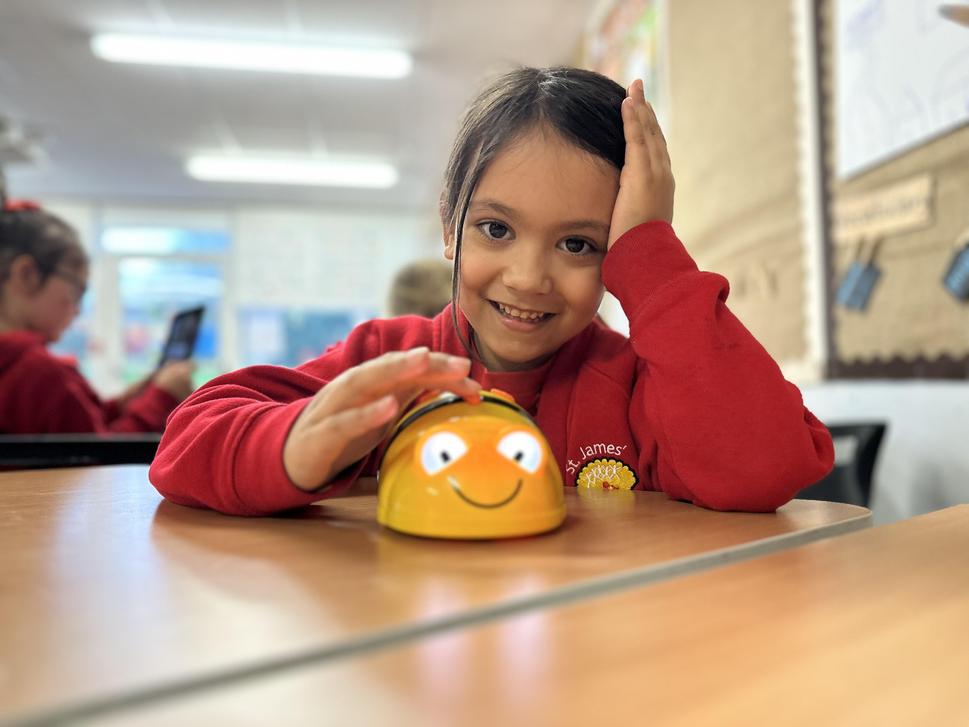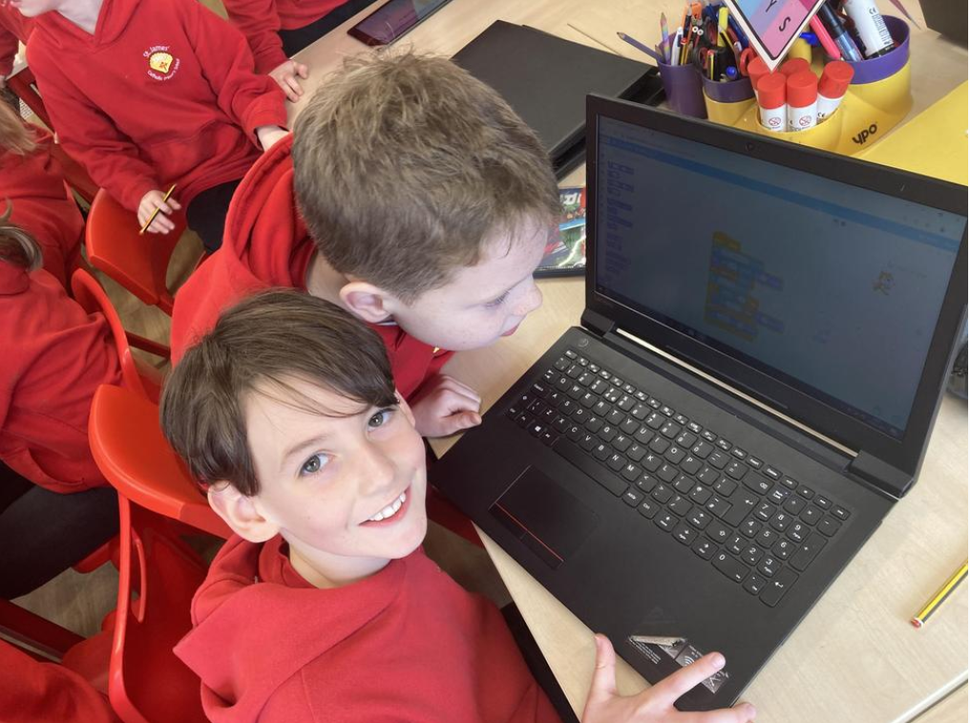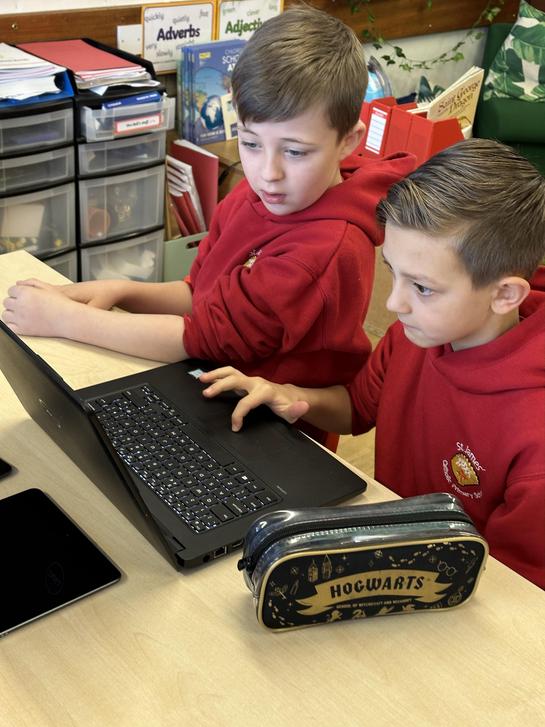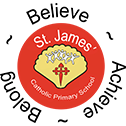Computing - Mr Purcell



Computing Subject Lead - Mr Purcell
‘Whatever you do, do it all for the glory of God,’
1 Corinthians 10:31

Why I am passionate about Computing...
Throughout my schooling and through into my teaching, I have seen the lightening speed at which technology has evolved and seeps into our every day lives. From learning how to save on a floppy disc in Year 9, to programming my lights and technical devices through my Alexa at home, technology has intrigued me by how useful it can be.
Within education, I feel it is vitally important that pupils these the benefits and possible dangers of technology and how powerful it can be to improve everyday lives. Our curriculum targets both of these concepts and allows pupils to build on their learning from writing a set of instructions to make a jam sandwich to then writing code in upper key stage two using coding language. What we teach our pupils today will be the basis for how technology will progress in the future and they will see the same changes as I did, albeit they may finally get to see the everyday use of a hover board from Back to the Future.
Computing - Statement of Intent
‘Computational thinking’ is a skill children at St. James' must be taught if they are to be ready for the workplace and able to participate effectively in this digital world. Our computing curriculum is split up into four sections: Digital literacy, Technology in the world, Technical understanding and online safety.
Digital literacy
Digital literacy forms the backbone of the computing curriculum at St. James'. As they progress through KS1 and KS2 children will become increasingly confident in the application of their digital skills, becoming increasingly efficient and effective communicators, collaborators and analysts, showing imagination and creativity in their use of ICT in different aspects of their learning and life beyond school.
Technology in the world
Children should develop an understanding of how technology makes a difference in all aspects of life- at home, at school and in the workplace, as well as considering the impact technology has had on society over the years and the changes it has brought.
Children will, for example, develop an awareness of how different technology is used in the world around us (KS1) and begin to evaluate web pages, software and applications and use this evaluation in the planning of their own digital resources.
Technical understanding
Children develop the knowledge and understanding of how technology works.
This extends from an awareness that there is ‘something inside’ a piece of technology to make it work, to children creating their own simple programs including games and applications with exposure to computer codes and scripts.
Online Safety
Online safety is a fundamental element with computing teaching and technology. We also take part in yearly events such as Internet Safety Day.
At St. James' Catholic Primary School, children take part in a computing lesson once a week, whilst also using their computing skills to support other subjects such as English and Topic. We have designed a bespoke curriculum that has the published scheme 'Kapow Primary' woven through to match the needs of our children. In this scheme, children will learn how computers and computer systems work; they will design and build programs, develop their ideas using technology and create a range of content.
After the implementation of the high quality computing curriculum we offer at St. James' Catholic Primary School. Children will be digitally literate. They will be equipped, not only with the skills and knowledge to use technology effectively and for their own benefit, but more importantly – safely.
Computing
Purpose of study
A high-quality computing education equips pupils to use computational thinking and creativity to understand and change the world. Computing has deep links with mathematics, science, and design and technology, and provides insights into both natural and artificial systems. The core of computing is computer science, in which pupils are taught the principles of information and computation, how digital systems work, and how to put this knowledge to use through programming. Building on this knowledge and understanding, pupils are equipped to use information technology to create programs, systems and a range of content. Computing also ensures that pupils become digitally literate – able to use, and express themselves and develop their ideas through, information and communication technology – at a level suitable for the future workplace and as active participants in a digital world.
Aims
The national curriculum for computing aims to ensure that all pupils:
- can understand and apply the fundamental principles and concepts of computer science, including abstraction, logic, algorithms and data representation
- can analyse problems in computational terms, and have repeated practical experience of writing computer programs in order to solve such problems
- can evaluate and apply information technology, including new or unfamiliar technologies, analytically to solve problems are responsible, competent, confident and creative users of information and communication technology.
